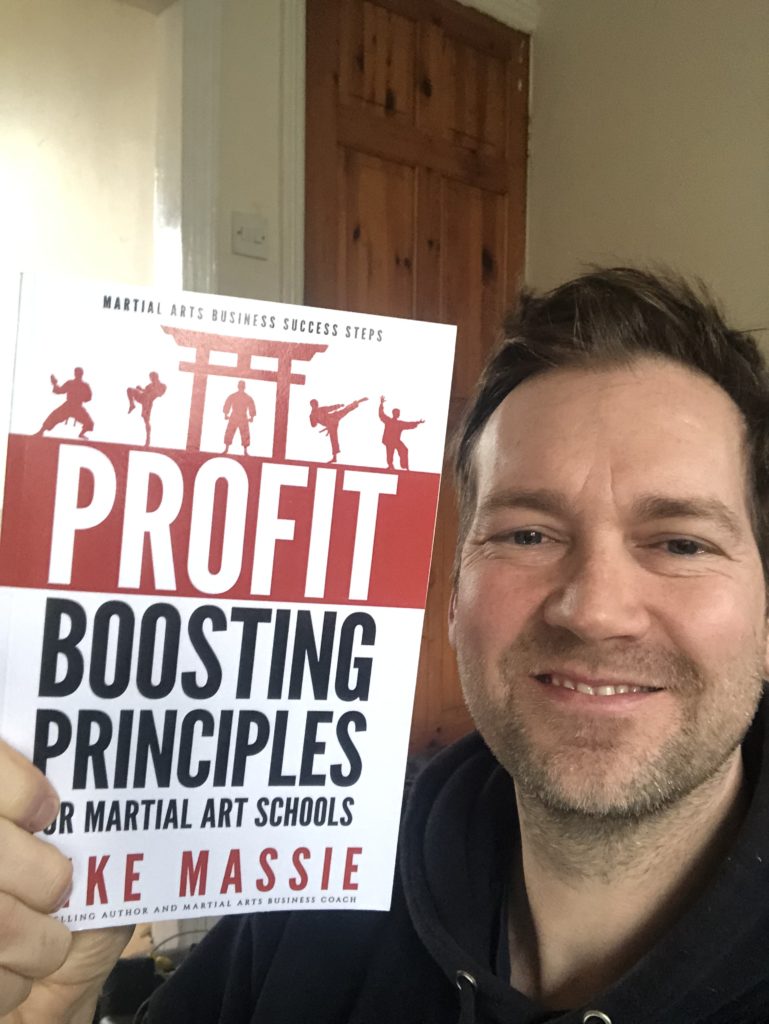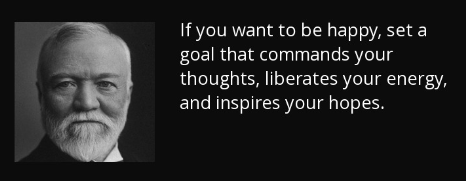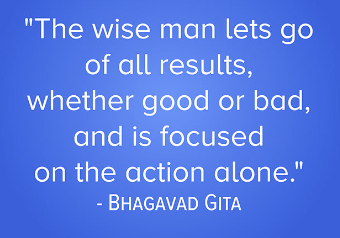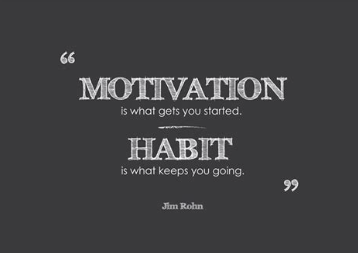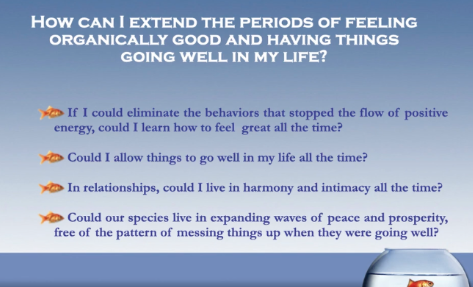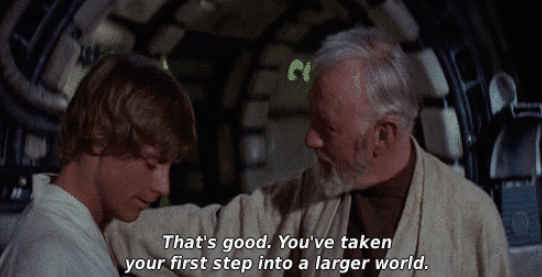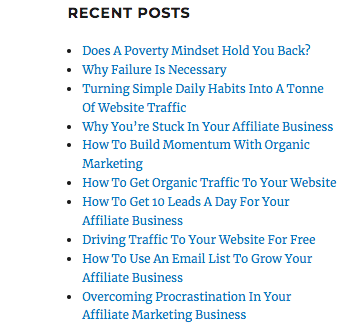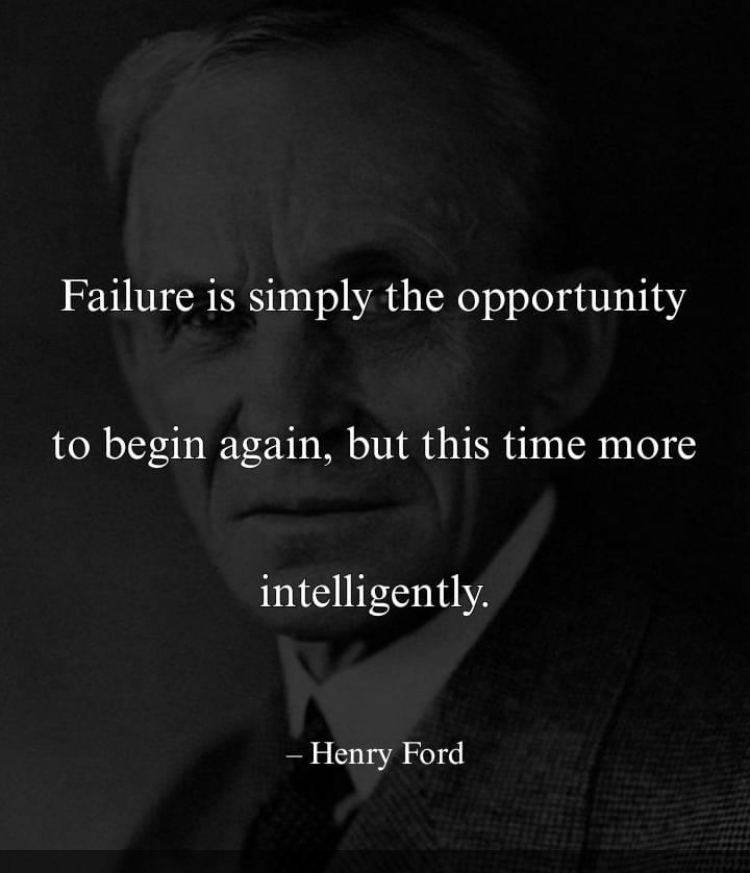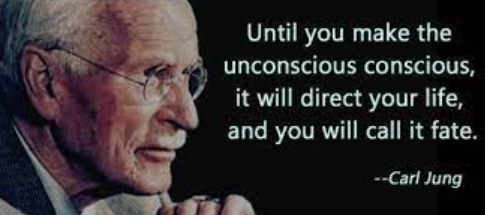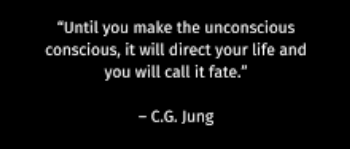What’s the importance of goal setting? Well, if you don’t have a target, you’ll never hit anything! A goal should motivate you and drive your behaviour towards some future attainment which you desire. I’ve found goals have kept me going when I was unmotivated, even if they were only tiny goals. As time has gone on, I’ve become better at setting goals which are meaningful to me.
Earlier this year, I set myself the goal of achieving 1000 organic website hits by the end of this month (today). I even wrote a post on my strategy “how to get 1000 websites hits in one day without paying“.
Here’s my stats for this week:

Yesterday my website had 860 hits on it. That’s a slight short fall of the 1000 hits goal I set for myself. Still, today isn’t over and I’ll share my stats at the end of this post.
The Importance Of Goal Setting – Did I Fail?
I really don’t consider this a failure, even if I don’t make it to 1000 hits today. The thing is, when I set this goal, my daily hits were around 200 a day. The goal inspired me to aim for a higher figure, something I had never achieved before.
My mindset at the time too was slightly distracted and whimsical. I was feeling a little demoralised and uninspired. I was also wondering whether blogging would actually make much difference in terms of my sales. This mindset, (the uncertain kind), is the kind that leads back into procrastination and inaction.
The goal served to fire me up on all cylinders again. Rather than wonder about whether the action would “work” and spend needless hours on procrastinating on a new method of marketing, I simply focused on the goal.
The goal got me thinking about ways to achieve it. So my mind filled up with creative ways to accomplish it, rather than dawdling, and then doing nothing, which I often do!
The Importance Of Goal Setting – Breaking A Goal Down
I had never before hit 1000 website hits on my website organically, (and still haven’t – yet)! I have achieved this before, but through using paid advertising. By setting this goal, I stretched myself and have proved that goals do in fact work. However, I’ve “failed” many times in the past with goals. Partly that’s because I wasn’t very good at following through, or setting good goals. I would set a goal, and then forget about it. Many times I’ve found my goals on pieces of paper, even years later, laminated lines of text which were long forgotten!

In a recent house move, I found one from years ago about making £1000 a month from my online business! It was from 2010! The thing is, I didn’t keep track of my goal once I had written it. I forgot about it, and therefore it forgot about me too!
This time, I wrote my goal out and reminded myself of it every single day. That way, I couldn’t forget it. I also made sure I worked towards my goal every single day and that my daily routine was aligned with my goal. In terms of my blogging, I’ve kept up a blog post a day (at least) for the last several weeks! I also made sure I was posting my articles to my email list, and posted them on social media – every single day! The result is a compounding effect. Not every post gets huge interaction, but the compounding effect of doing these small daily actions means an upward tick of my traffic over time.
Why I Never Stuck With Goals
I have a scatter brain, I’ll admit it. So I would write down a goal, and then go and do something different, and totally forget about it. But a good goal is something that keeps you engaged. You want it so bad, you can’t stop thinking about it! It stretches your comfort zones and you believe in it, even if you don’t yet know how to achieve it.
A good goal needs to be a 10/10 for belief (meaning you totally believe it can be done) and a 10/10 for desirability too (you really, really want it). Unless these two parameters are met, you’ll likely forget about your goal, put it to one side, or dismiss it as unachievable. If your goal only scores a 5 out of 10, on either parameter, it’s not going to motivate you.
I used to write goals that I didn’t believe in. No wonder I discarded them. Or I would write goals I believed I could achieve, but didn’t really care about! A good goal is one you believe in, care about and really, really want.
The Importance Of Goal Setting – Summary

With an online business, it’s important to keep setting goals which drive you forwards and stretch you. With my affiliate business I’ve had periods where I’m running adverts, shooting videos, writing blogs or sending emails.
There’s so many things you can be doing, it can be easy to waste a lot of time, and still get nowhere. A goal ties it all together and keeps you motivated and taking consistent action. Without a goal, your mind can wonder about all the possible actions you could be taking, but end up taking no action, because you’re so confused.
I’ve not always been such a strong advocate for goal setting, because I haven’t always known exactly what I wanted! But if you can set a goal which is specific for you, which motivates you and inspires you into action, it’s never going to be the wrong goal!

The current hits today on this website are 235 but it’s still morning here in the UK! So I’ll update the web count once the day is passed to see if I hit the magic number of 1000! Please share this post because I need all the help I can get!
Update:

Here’s yesterday’s stats and it looks like I only managed to reach 746 hits on my website – a shortfall from my 1000 target of 254!
Still, I have learned a lot from this exercise and I don’t see this as a failure. Yesterday I pushed myself more, asked for shares, and some subscribers even said they would share my post for me!
The thing is, when I send an email out to my list, some people pick it up days later. So there’s a delay. The same is true from sharing some content on social media. Growth with blogging is incremental, and consistency is the name of the game!
Setting a goal of 1000 website hits (organically) has helped give me focus and commit. Without my goal, I wouldn’t have done as much. That’s the importance of goal setting. It gives you a target which helps to motivate you and inspire you! I’ll now set a contingency goal for the upcoming month! See my post what are contingency goals.
I set the goal of hitting 1000 website visitors (in a day) by the end of the month, but I only set this goal mid July! Take a look at how it impacted my traffic compared to other months:

What goal could YOU set which would make the biggest difference in your life for the better?





